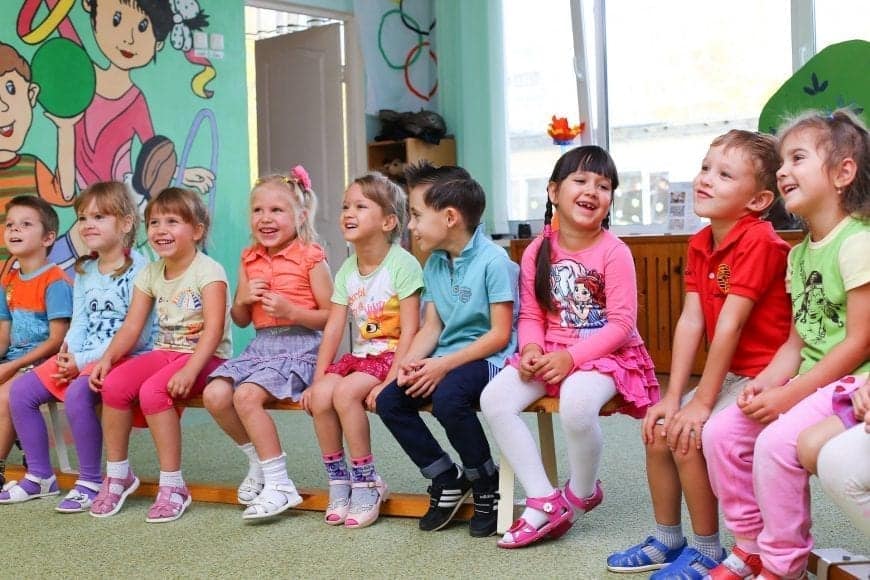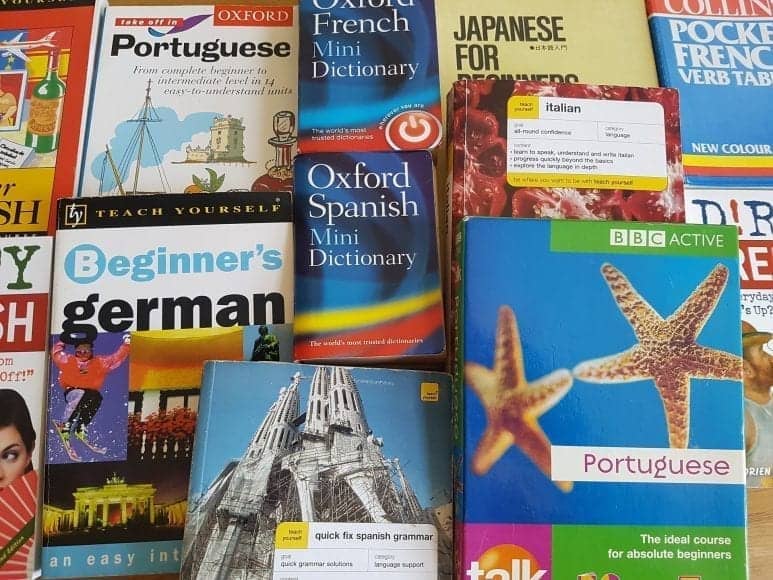Did you know that the most important people in a child’s language development are their family? Children spend so much time with the ones that love and care for them, that it is hardly surprising the cornerstone of their future abilities is laid by those around them. This support structure is also crucial in helping a child pick up the basics of a second language as well.
Many bilingual couples want to bring their children up with more than one native language, and this isn’t as difficult as you might at first believe. Here are some useful tips that can help your child’s second language come on leaps and bounds from a very early age. Don’t worry; they are as easy as learning your ABC.
Support Is Always Good

It’s always a good idea to get some support outside of the home. For instance, you might want to enroll your child into a bilingual nursery or kindergarten so that you know both languages will be encouraged outside of your family home. If your child goes to an English-speaking school, then you can always arrange for a private tutor to help them with their other language.
Focus On The Foreign Language At Home

Ideally, you should use the foreign language with your child at home. So, for instance, if you live in an English-speaking country and want your child to grow up with Spanish, you need to speak Spanish at home. That’s because there will be plenty of chances for your child to pick up their English speaking skills out of the house. It’s important that all family members who can also speak the second language do so when talking to your child.
Start From Day One

You shouldn’t wait to talk to your child in the second language until your child starts to speak. From the moment your child is born, you should speak in the foreign language whenever you are around them. That way, they will pick up all of the unique sounds and words from a very young age, and they won’t have any catching up to do when they get older.
Always Set Goals

It’s a good idea to set some language goals for your child. This gives you all something to work towards, and you will have a reason to focus on your child’s language skills. For instance, you might want to help your child learn twenty new words in a month. Or maybe you want to push them a bit further and help them be able to write in their second language at a level that a monolingual child at their age could? Whichever goals you want to set, it’s important that you keep them fun and achievable so that you and your child don’t get too frustrated trying to hit them.
Bringing up a bilingual child isn’t always easy, but it will certainly be worth it in the end as it will open up so many opportunities later in life!







thank you for this… i think a second (and 3rd, and 4th) language is critical to our ever diverse world!